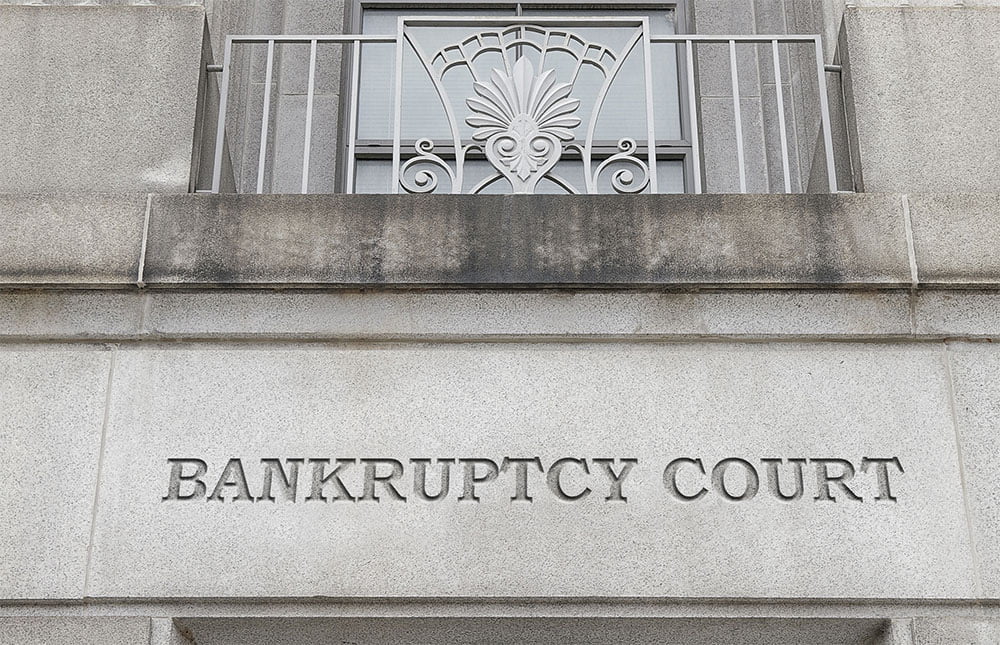Ok, some of you may not have any idea the direction I am going here. Let’s start here: An individual files for Chapter 7, makes $75,000 a year, Household of 1, and passes the means test only because he is keeping a 2010 Mercedes S550. The balance of the car is $80,000 and he makes monthly payments of $1,500 a month. That one payment allows him to pass the means test. It also allows him to show that his take home income minus his household expenses is $0.00. Thus, in a typical case, he could qualify for a Chapter 7. However, this is far from a typical case. The bankruptcy court would consider the Mercedes S550 a luxury item because a normal (average) car payment runs around $400 a month. If he had a normal car payment instead of a $1,500 car payment, he would have $1,100 left over to pay creditors. Thus, the court would probably deny his Chapter 7 discharge and give him 10 days to convert to a chapter 13.
If you think about it, this makes perfect sense. Why allow someone to keep an expensive toy and also allow them to walk away from the rest of their creditors. In the above situation, the court is basically saying surrender the car, get another one and then come in and file a chapter 13 if you still need help. The same is true for people wanting to keep boats, extra cars, vacation homes, etc. The Court basically will not allow anyone to keep a luxury item and at the same time obtain a Chapter 7 discharge. So, back to the original question, can a person’s residence be considered a luxury item?
Say an individual has a house worth $500,000 and their home payment, including mortgages, taxes, insurance and HOA dues, comes up to $4,000 a month. Further, lets say the average household expense for someone living in that county comes up to only $1,400 a month. Do you see the potential problem here. It is the same problem as above with the Mercedes situation. Here, the debtor is spending $2,600 more a month than the average individual spends in that county for his house. That extra money, could arguably, be used to pay unsecured creditors in a Chapter 13. Would the court tell that individual that he would need to abandon his house and find a rental property?
A Bankruptcy Court up in Illinois recently dealt with this issue (In re Lorenca, 20 CBN 460). The court state that it was not clear that Congress intended the IRS housing allowance as a standard for determining reasonable housing costs. The IRS housing allowance is a floor: all debtors are entitled to at least the amount of the standard when calculating the means test, but if a particular debtor pays a higher amount on a mortgage, then that debtor is entitled to the higher amount. Further the court stated that even if the IRS housing allowance is useful as a guidepost for reasonableness of a debtor’s housing expense, recognition of the IRS standard is a far cry from deciding without evidence that decent rental housing is actually available.
In the above case the court found that the debtor’s house was a luxury item mainly because the debtor also had a rental house that’s average monthly payment was much more reasonable than their residence. Thus, in this case it was fairly easy for the US Trustee to show that the debtors had other housing options available because of their rental home. In other cases where a debtor does not have rental properties, it may be a much difficult road for the US Trustee.
To answer the question above, maybe? If an individuals house payments are a significant amount more than the average persons payments, the court could find that the house is a luxury item. It all depends on the facts of the case. Just be sure to not to have any rental properties that you want to reaffirm as well!!!







